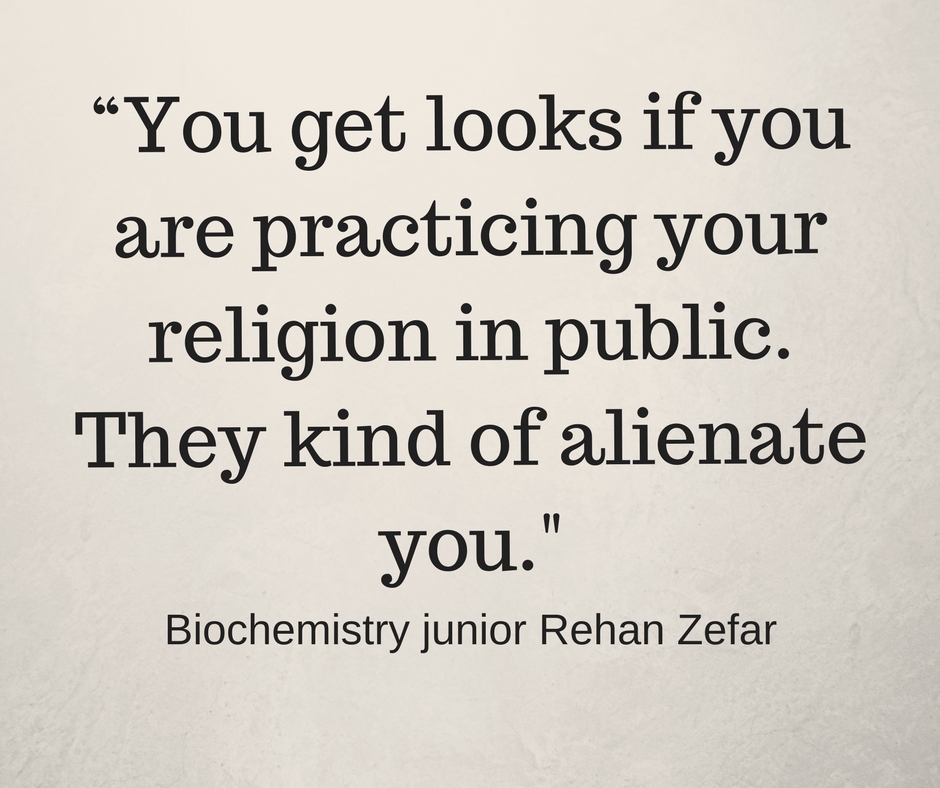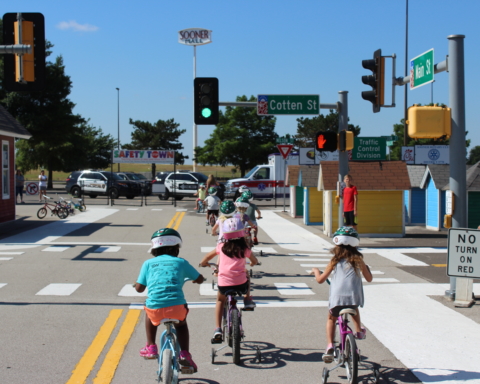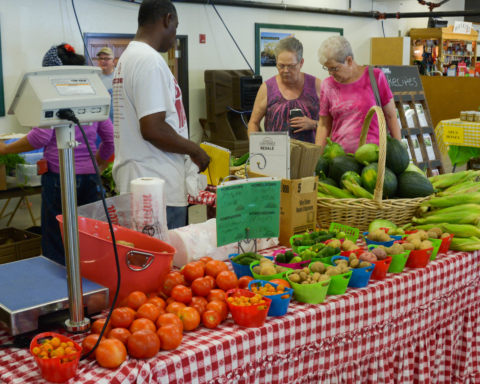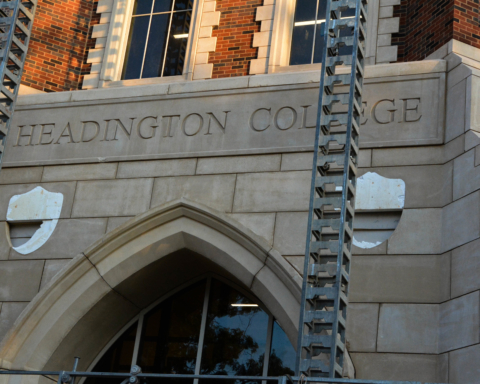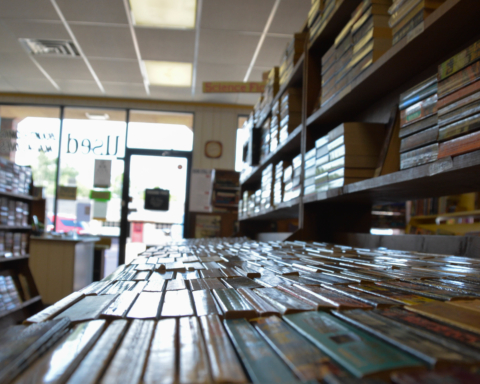Members of the Muslim Student Association are worried about the impact of President Donald Trump’s ban on travelers from specific countries in the wake of the U.S. Supreme Court’s decision to uphold parts of the president’s order.
Chemical engineering junior Saad Ahmed and biochemistry junior Rehan Zefar are both officers in the Muslim Student Association. Ahmed serves as the association’s president while Zefar is its community outreach chairman.
Ahmed said the group is worried about students who come from the six countries targeted by the travel ban, which includes Iran, Syria, Somalia, Yemen, Libya and Sudan.
“I have not met anyone who has directly been affected by the travel ban yet, but there are many students who are from Syrian or Somalian backgrounds,” Ahmed said. “I myself am from a Somalian background. These issues affect us, and there may be students who are directly impacted but they have not come up to me directly.”
Zefar said that discrimination may not be outright, but he has felt singled out because of his religion.
“I have not faced direct discrimination on campus, although I have faced indirect discrimination,” Zefar said. “You get looks if you are practicing your religion in public. They kind of alienate you.”
The Muslim Student Association also has seen an increase in incidents of Islamophobia on campus in the past year, especially after Trump’s election.
“Last fall, the day after the election, one sister who was in a hijab was in the South Oval and someone yelled a slur,” Ahmed said. “A very derogatory term along the lines of ‘go back home’ or that kind of thing.”
The association provided support for the woman, but Ahmed said the group is limited to reporting incidents to campus authorities rather than acting on their own.
“The only thing we can really do is use the bias reporting hotline,” Ahmed said. “It is provided by the university. When situations like this arise, we report them. The same goes for Islamophobia in the classroom. If things are bad enough, hopefully this never happens, but we can report it to Norman police.”
Women are more affected by incidents of Islamophobia because they are more easily identified as Muslim, Ahmed said.
“I have not faced any discrimination because no one sees me and really thinks, ‘He is a Muslim,” he said. “However, our sisters in hijabs or headscarves do face discrimination.”
The MSA is trying to reflect inclusion this year, Zefar said. It has members from different backgrounds and welcomes all people as brothers and sisters.
“I think (the association) gives us a sanctuary, and it allows us to interact with people who are the same as us,” he said. “Especially in the minority. It allows us to interact with people who share the same culture, religion and interests. As the community outreach chair, I help set up events for the organization, we set up bonfires and dinners with people of other cultures and religions, and we just hang out with each other. Anyone can join us because we don’t discriminate; we invite others to join us. We want to give a sense of belonging to all of our members – Muslim or not.”
One positive has come from the current political climate, Ahmed said. With so many groups being targeted or feeling discrimination, different people and organizations have to bond with each other. So right now, other issues are Muslim issues and vice versa.
“It’s a very trying time. However, the issues that Muslims are facing today are our issues but that’s not our only issue,” he said. “Black lives matter, that is our issue. LGBTQ+ rights, these are all of our issues. I think that this is a time in which all of the minorities and everyone feeling oppressed right now are going to come together and stand for justice and make things right and truly make America great again.”

